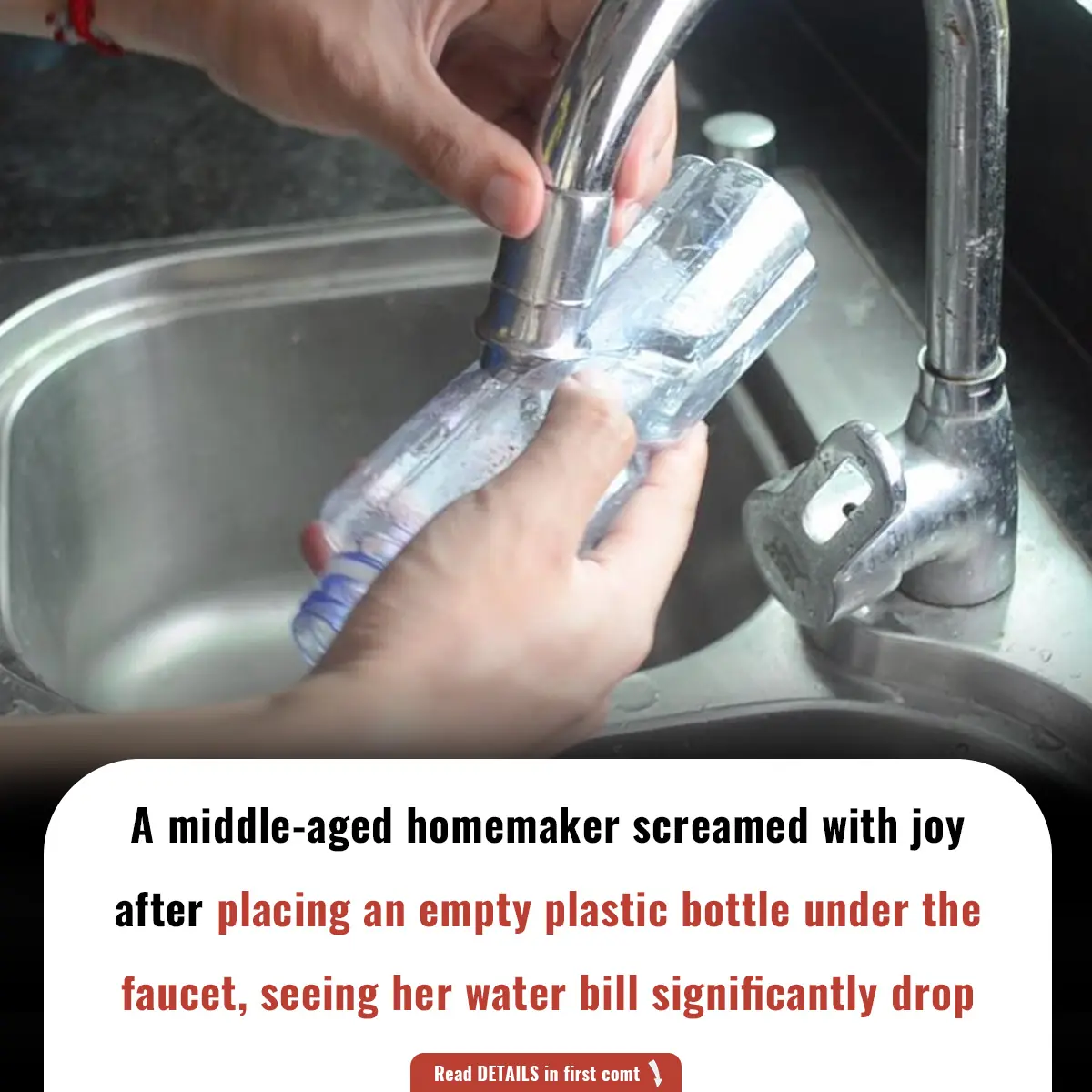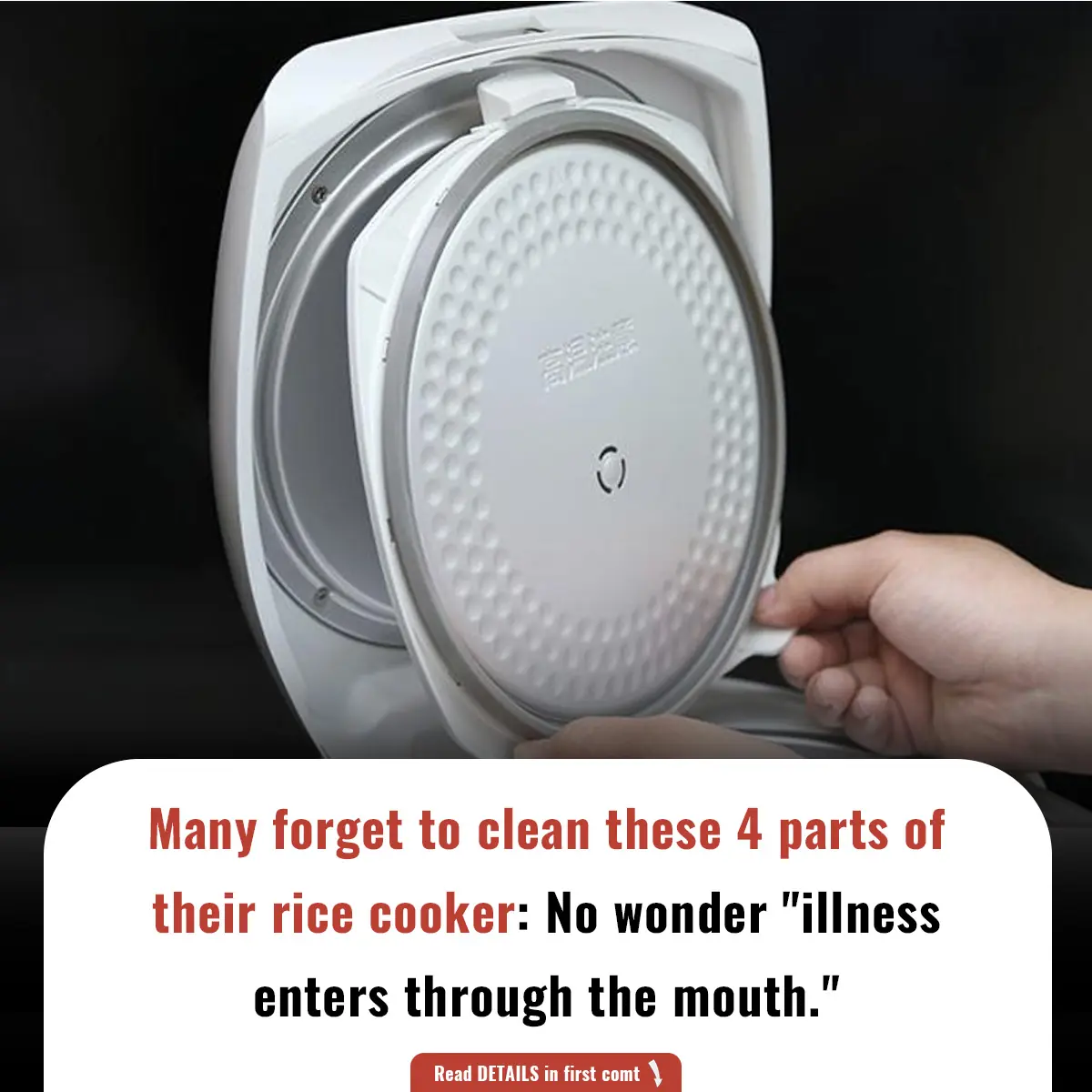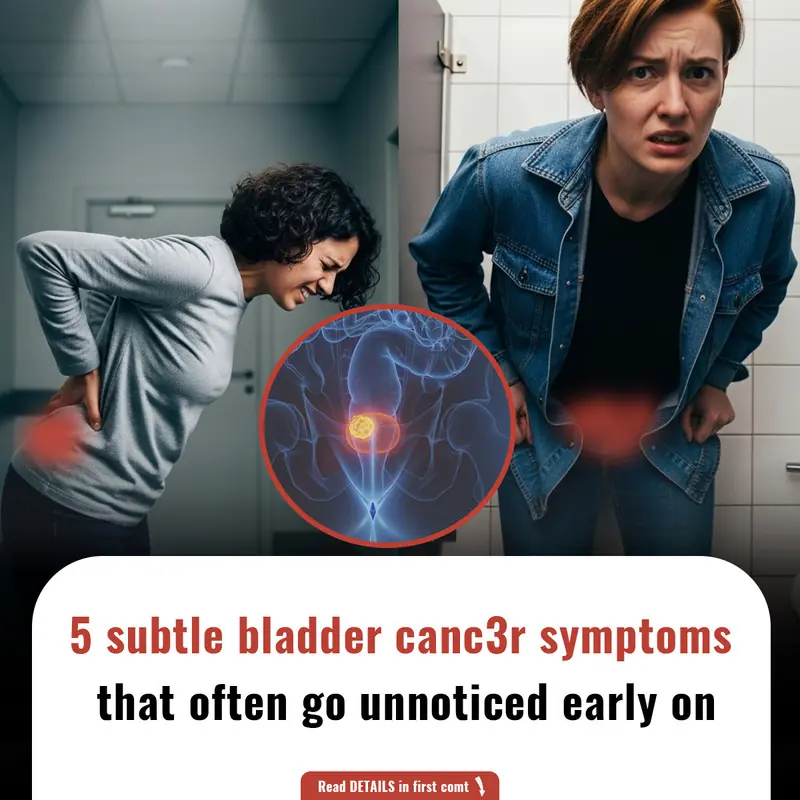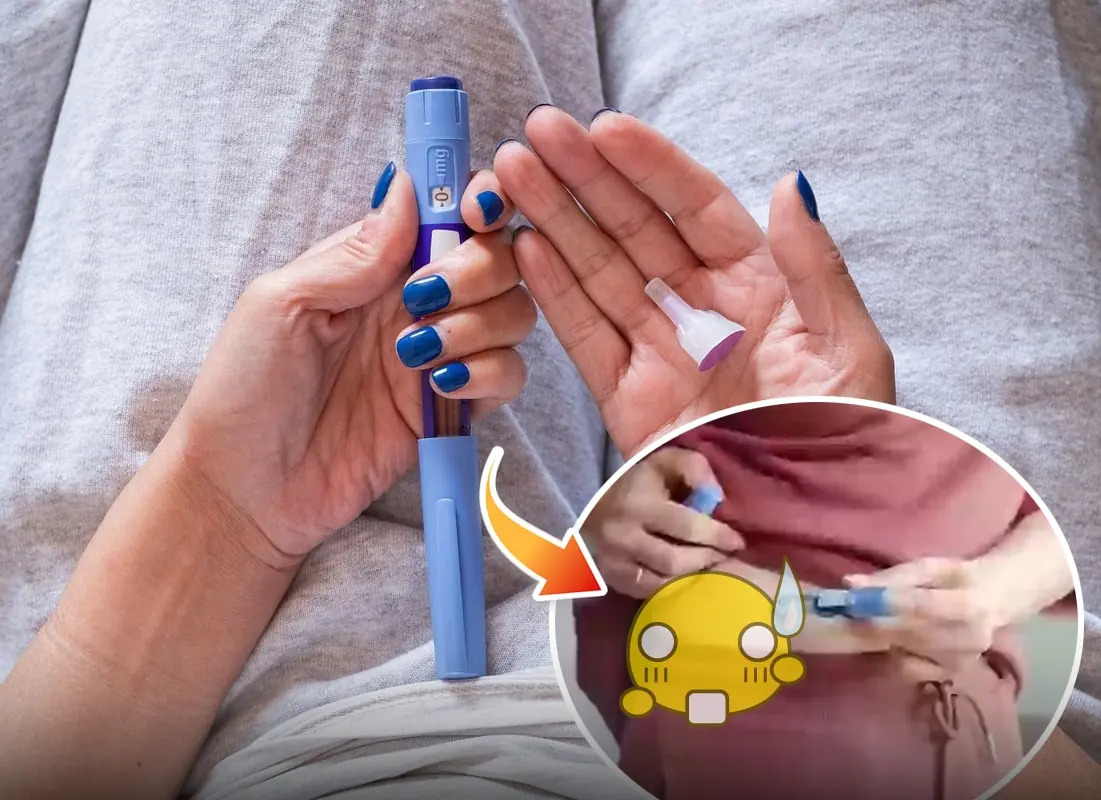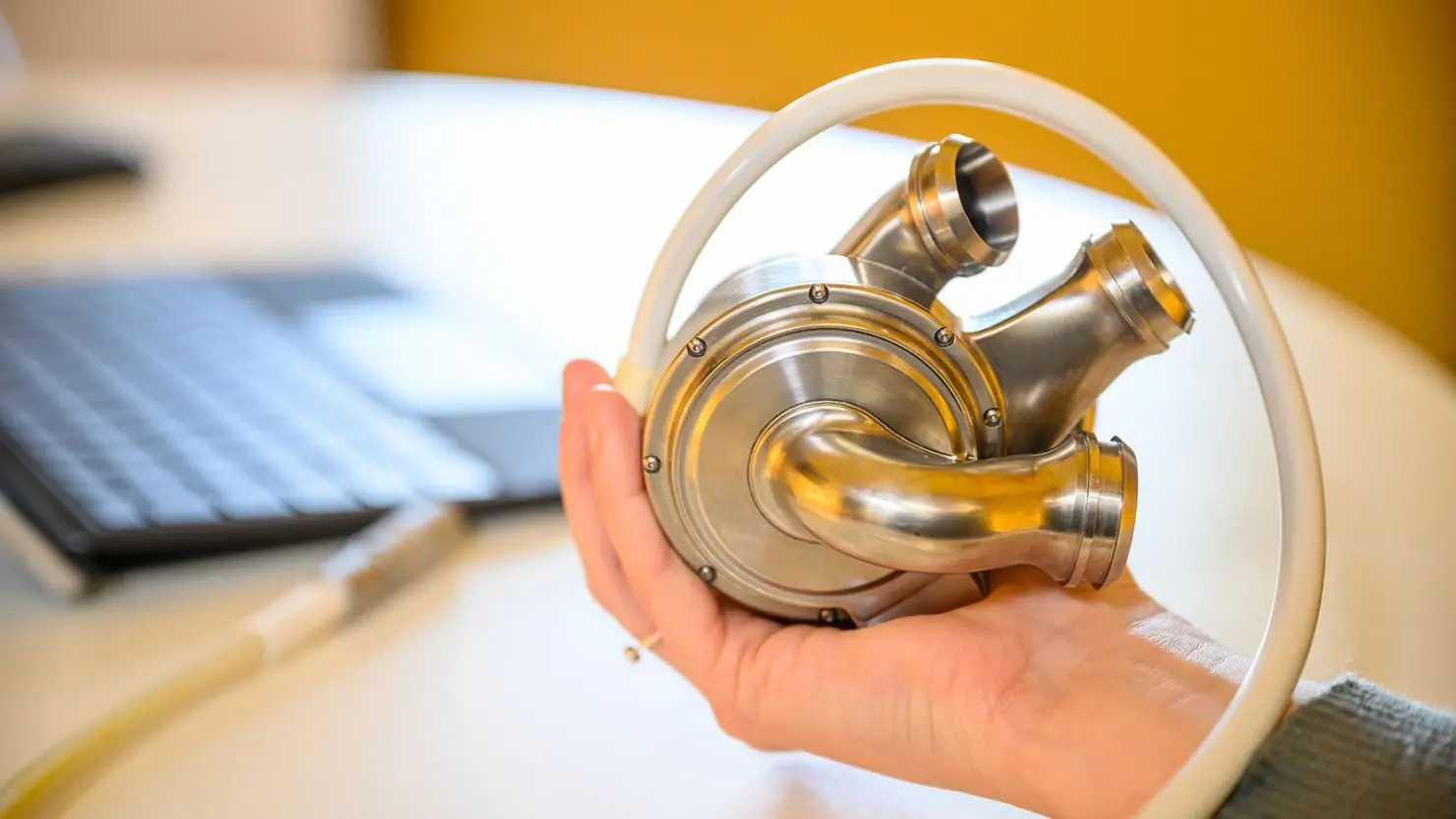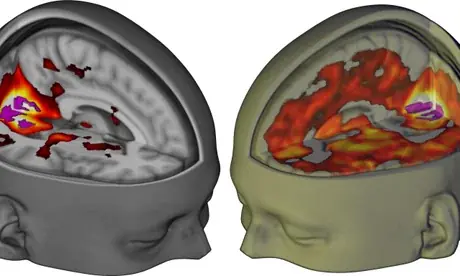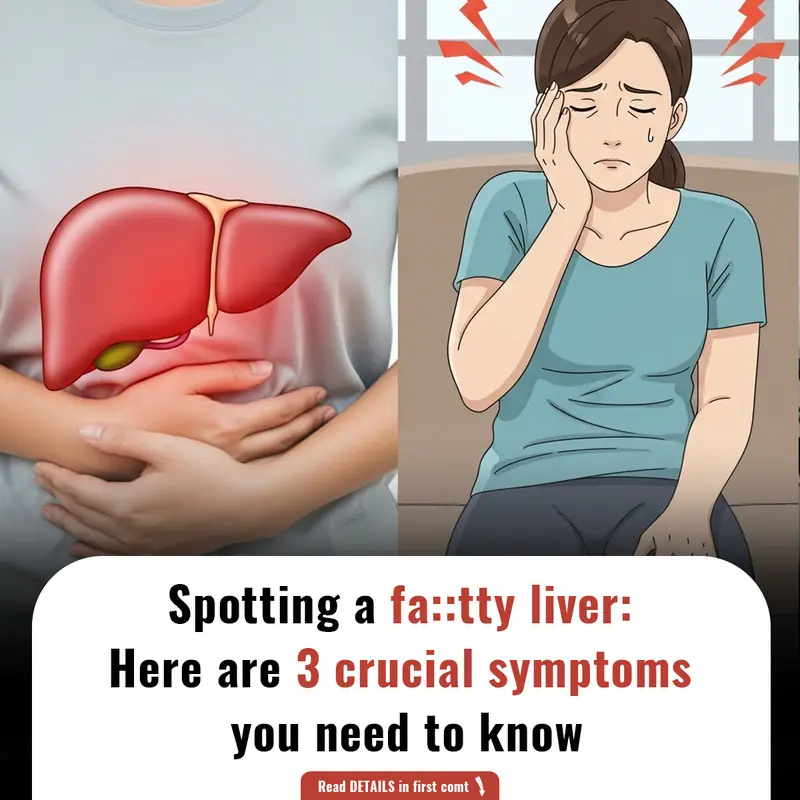Mouth taping, promoted by some for improved sleep, raises safety concerns according to experts.
Mouth taping has resurged as a popular bedtime trend on social media, much like it did a few years ago.
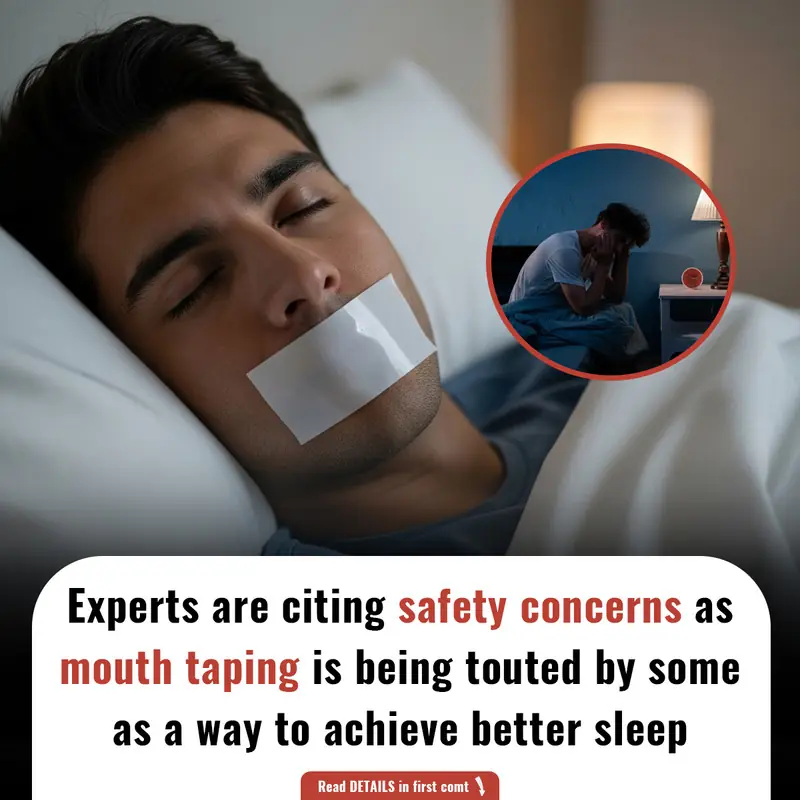
The concept behind mouth taping is to tape the mouth shut during sleep to encourage nasal breathing, which some claim can provide health benefits. However, experts caution that there are potential risks, and the results are not well-substantiated.
According to the Sleep Foundation, based in Seattle, Washington, the advantages of mouth taping remain largely anecdotal, with limited scientific evidence supporting these claims.
Possible Benefits
"The primary benefit often cited for mouth taping is that it promotes nasal breathing, which helps filter and humidify the air. This may alleviate snoring or dry mouth in certain individuals," explained Wendy Troxel, Ph.D., a sleep expert and licensed clinical psychologist at the RAND Corporation, based in Utah, in an interview with Fox News Digital.
Breathing through the nose allows for better oxygen absorption, according to Todd Anderson, a sleep and wellness expert and founder of Dream Performance & Recovery in Nashville.
"When you breathe through your mouth all night, you're expelling a lot of the carbon dioxide in your body," Anderson stated. "But maintaining some level of CO2 is beneficial."
He also explained that as you begin exercising, your body experiences stress and CO2 levels increase. "The more accustomed your body is to having CO2 in your system, the more adaptable it becomes to stress," Anderson added.
Breath, he noted, functions like the "steering wheel" of the nervous system, as nasal breathing encourages longer exhalations, which helps the body relax.
"Your nose also produces nitric oxide, which travels down into your lungs, expanding blood vessels and calming your cardiovascular system," Anderson said. "This relaxation impacts your body from top to bottom, which is why it positively affects sleep."
Additionally, some people suggest that mouth taping could contribute to a more defined jawline and support dental health, as mouth breathing can cause dryness and increased acidity, both of which can erode tooth enamel.
Proceed with Caution
Troxel expressed significant caution regarding mouth taping, pointing out that scientific evidence supporting its effectiveness is minimal.
"Although some people report less snoring or improved sleep, most of these claims are anecdotal and not backed by substantial research involving large, diverse groups," she said.
While there is some preliminary evidence suggesting that mouth taping may help reduce snoring for certain sleep apnea sufferers, Troxel emphasized that the effect tends to be modest. Additionally, she stressed that there is no strong evidence indicating mouth taping can alter the shape of one's jaw.
For individuals who suffer from nasal congestion, blockages, or allergies, both Troxel and Anderson advised against using mouth tape. It could make breathing more difficult during sleep, potentially leading to anxiety, disrupted sleep, and in some cases, lower oxygen levels, Troxel warned.
A key concern is that mouth taping may interfere with proper treatment for sleep apnea, which can have serious health consequences if left untreated, Troxel added.
Anderson further advised against mouth taping for people who are overweight, consume alcohol or other substances, or are feeling ill.
Troxel encouraged individuals who experience snoring or mouth breathing to consult with a healthcare provider to identify and address the root cause of the issue.
"Treating the underlying problem is safer and more effective than simply taping the mouth shut," she advised.
For healthy individuals without sleep apnea who wish to try mouth taping, Troxel suggested experimenting cautiously and scientifically.
Precautions
Troxel recommended testing the tape on your skin first to check for any irritation. She also recommended using medical-grade tape or opting for a tape with a slit to avoid fully covering the mouth.
Anderson added that consumers should be mindful of where the mouth tape is manufactured and the type of adhesive used to avoid potential skin irritation or allergic reactions.
The Sleep Foundation also warns that potential side effects of mouth taping include difficulty breathing, skin irritation, and anxiety.
Troxel suggested using a sleep tracker before and during the period of mouth taping for a few weeks to assess its effectiveness.
"If you don’t notice any improvements, that’s your answer — it might not be working for you," she stated. "And always stop immediately if you experience discomfort or difficulty breathing."
Troxel also mentioned other methods for encouraging nasal breathing, such as specific breathing exercises.
"Practices like alternating nostril breathing or belly breathing during the day can help your body naturally breathe through the nose at night," she said. "These exercises are also a great way to manage stress and promote relaxation."



